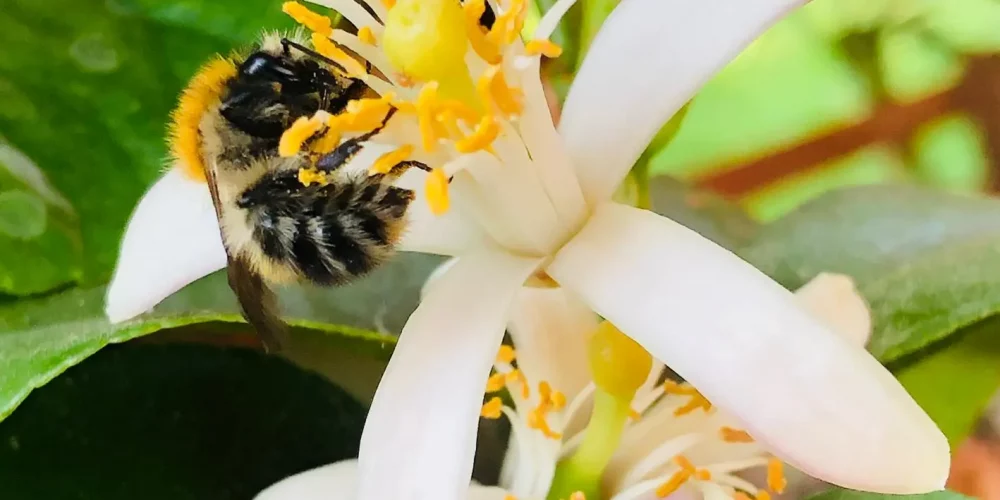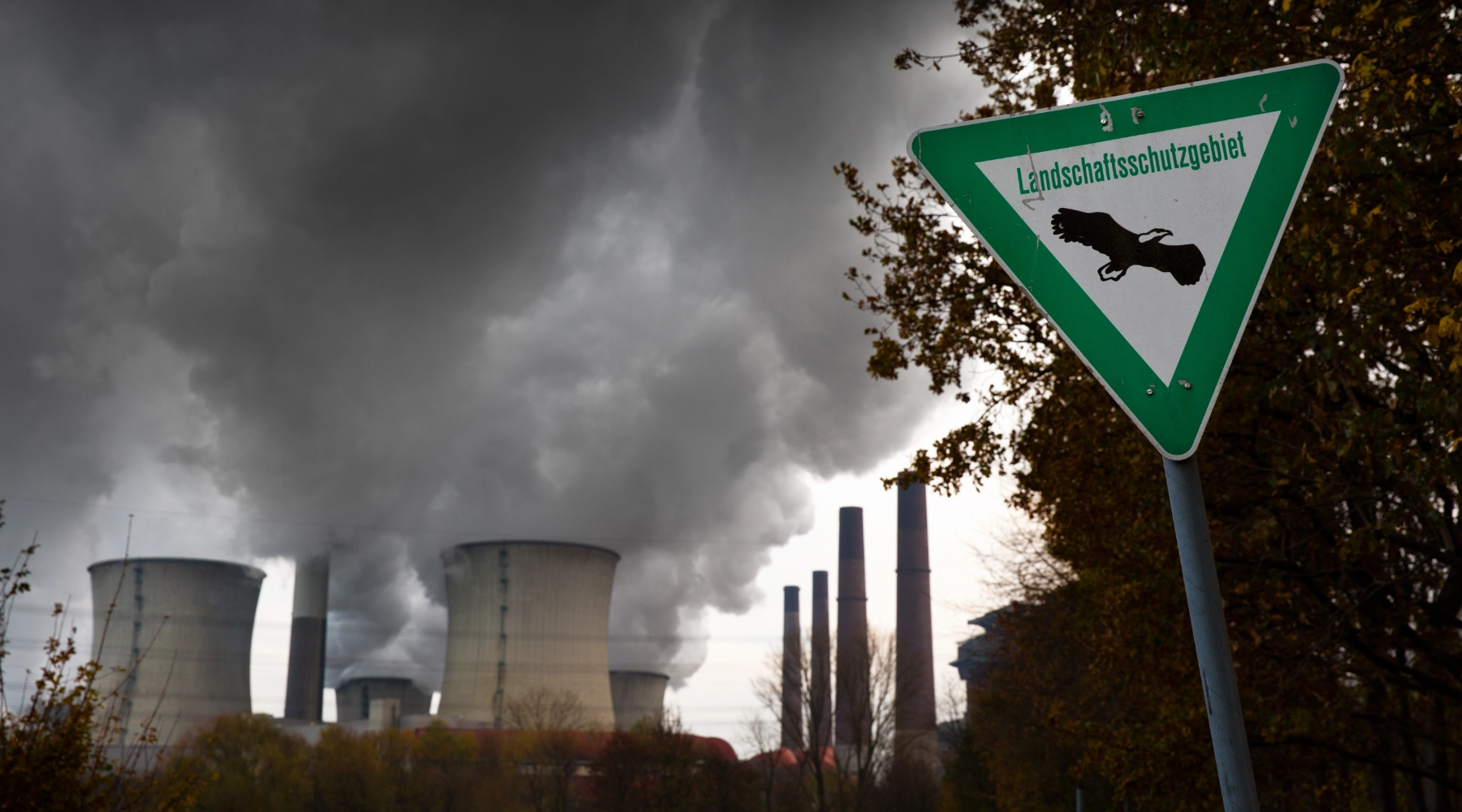We need them!
Wild bees

Wild bees and other flower pollinators play an elementary role in our ecosystem, as many plants depend on them and so do many animals and we humans.
Therefore, Alice Rosslenbroich proposed to make sure that more people are educated about the importance of wild bees. After contacting a renowned bumblebee researcher, we decided to support the Institute’s projects. One of the first ideas that contributed to the naming of our foundation.
For years, the population of wild bees and their species has been decreasing. Unlike farmed honey bees, wild bees do not live in large colonies, but are solitary creatures. Bumblebees, however, are an exception.
Wild bees are particularly important for the preservation of the ecosystem, because many plants can only be pollinated and thus reproduce by them, as they have adapted to each other in a species-specific manner.
It is estimated that around 80 percent of plants, including fruit and vegetables, in Germany can only be produced by bees as pollinators.
Around 4,000 different types of vegetables are pollinated by bees in Europe, with wild bees pollinating flowers much more efficiently than honey bees and thus making an important contribution to safeguarding yields.
Bee mortality and the associated decline of many wild bee species has enormous long-term consequences, including for us humans. Our food supply could be jeopardized in the long run, as without the specific bee species, certain plants could no longer be pollinated, resulting in shortages.
Causes (among others)
– Deforestation and destruction of the natural habitat lead to a reduced supply of nesting sites and deprive bees of their food base
– Climate change alters the precipitation and flowering times of many plant species, which in turn alters the pollen supply
– Increased use of pesticides, which are often toxic to or indirectly affect many of the pollinators and insects that live there, by depriving them of habitat
Solutions:
- Create and maintain flower-rich habitats (e.g., strips of farmland, copses, orchards, and refrain from intensive mowing of flower-rich meadows).
- Refraining from the use of synthetic chemical pesticides.
- Planting flowering plants that are attractive to pollinators (there are also special seed mixtures designed for wild bees for everyone)
- Creation of natural or artificial nesting aids
- Refrain from using pesticides in your own garden or on your balcony (every pesticide remains an effective one and thus has an impact on living creatures)



